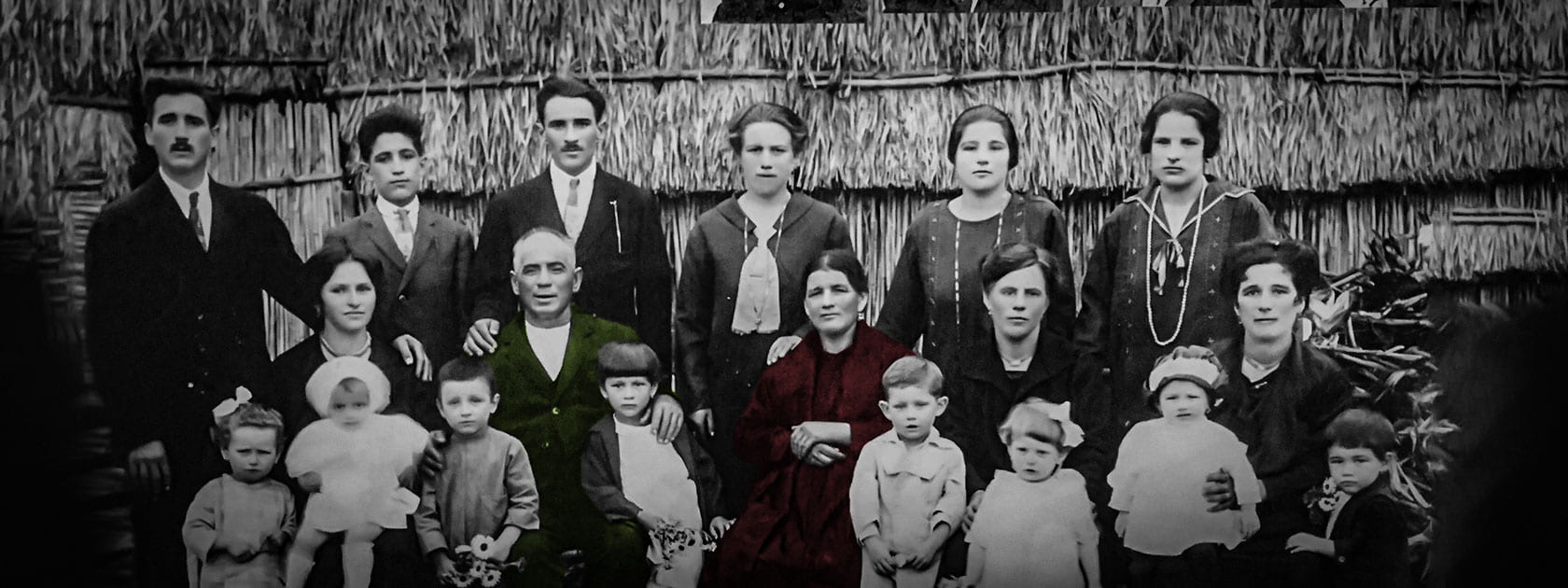By: Thomas Visentin

Table of Contents
Introduction
The purpose of this assignment is to learn and understand the journey and experiences of those in the Italian Canadian community. This includes their stories about growing up in Italy and immigrating to Canada to pursue certain goals. On October 17th, Professore Soligo and I met in his office at Brock University in St. Catharines around 1pm for his interview. In this case, Professore Luciano Soligo who was born in Toronto spoke about his story of moving back to Italy as a 7-year-old and then coming back on his own at 18 to pursue a better life for himself and family in the future. I was able to ask and learn a lot about his parents, how they met and Prof Soligo’s childhood in both Toronto and Italy. Also, his Parents experiences and thoughts of Canada after having moved here initially and then back to Italy. Furthermore, I learned about Prof Soligo experiences with schooling in both Italy and in Canada then his work life as a teenager to where he is now. Lastly, his take on being “Italo-Canadese” as well as his deep love for Italy that has him torn between his feelings of where “home” is.
Interview
Below is the link and video interview with Professore Soligo: https://youtu.be/Ymr8jGld8E8
Transcription of Interview
Below is a summary of the interview in text form, including both questions and responses.
Analysis
My analysis of the interview starts with how insightful and relatable it was. The start of the interview reminded me of alot my nonno’s story, because him and Prof Soligo are from towns 45 minutes in Veneto and Friuli-Venezia-Giulia. Prof Soligo spoke about his time in Treviso, Veneto and how their were no job opportunities in the region. So, people would either become farmers or factory workers which played a huge part in his decision to leave and come back to Canada. Prof Soligo and my nonno both came to Canada for essentially the same reasons so that was very relatable and refreshing for me to hear. Prof Soligo having lived the first 7 years of his life in Canada and knowing people when he came back at 18 meant that he was never really feeling lonely or isolated. However, he mentioned that his father did not like living in Canada, he missed his friends and life back in Italy and did feel socially isolated and lonely, two present themes in our Duliani reading. After moving back to Italy, Prof Soligo only spoke one of Veneto’s regional dialects called “Trevisan” and had to learn regular Italian in school, back in Canada he took ESL courses and picked up english very quickly. Most of Prof Soligo’s story is unique to him personally and not really similar in a detailed aspect to what we discussed in class. However, main concepts from (Harney, p 5) such as leaving Italy for a better life for him and family in the future were evident throughout the interview.
Reflection
Personally, I really enjoyed doing the interview and the entire process of asking questions, interpreting answers which led to follow up questions. Me already knowing Prof Soligo helped the quality of our conversation as it felt very easy and natural as we went on throughout the interview. But, yes, I’d say there was some professional and personal development during this project. I can say that I had never done an actual interview this way before, and was slightly nervous although I already knew and had a relationship with who I was interviewing. I felt confident and assured in asking every question along with follow ups. Again, having known my interviewee for a few years previously and having talked to him about his heritage before I did know his answers to the first few questions but in much less detail. So, him telling me everything again but within context and in more detail was very interesting and insightful. Furthermore, doing this interview made me feel even more proud of having Italian heritage and everything that it encompasses, from family values, cultural traditions and our way of life. This was a very enjoyable and fun project and I am happy with how everything turned out.
Gallery
All photographs included have been approved for sharing by Professore Luciano Soligo.


time here between the ages of 7-18.


Bibliography
Duliani, M. City Without Women: A Chronicle of Internment Life in Canada During the Second World War. Mosaic Press, 1994, pp. 7-26.
Harney, Robert F. “Italian Immigration and the Frontiers of Western Civilization.” The Italian Immigration Experience, 1988, pp. 1-24.
Visentin, Thomas. “HUMN*3800 and the Italian Heritage Project: Intervista con Prof Soligo.” YouTube, 17 October 2022. https://www.youtube.com/watch?v=7SlvUlWKaJk ; access at Italian Communities in Canada: Heritage, Cultural, and Ethnographic Studies as of October 2024.
How to Cite this Page
Visentin, Thomas. “Luciano Soligo: Una Storia di Famiglia e Vita tra Veneto e Toronto .” Heritage, Cultural and Ethnographic Studies, edited by Teresa Russo. University of Guelph, November 1, 2024.


